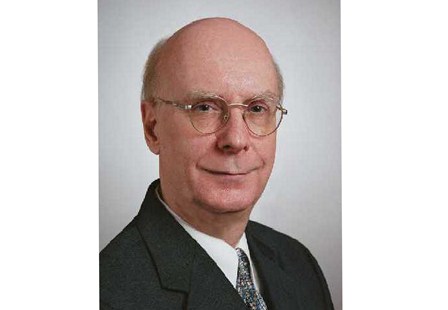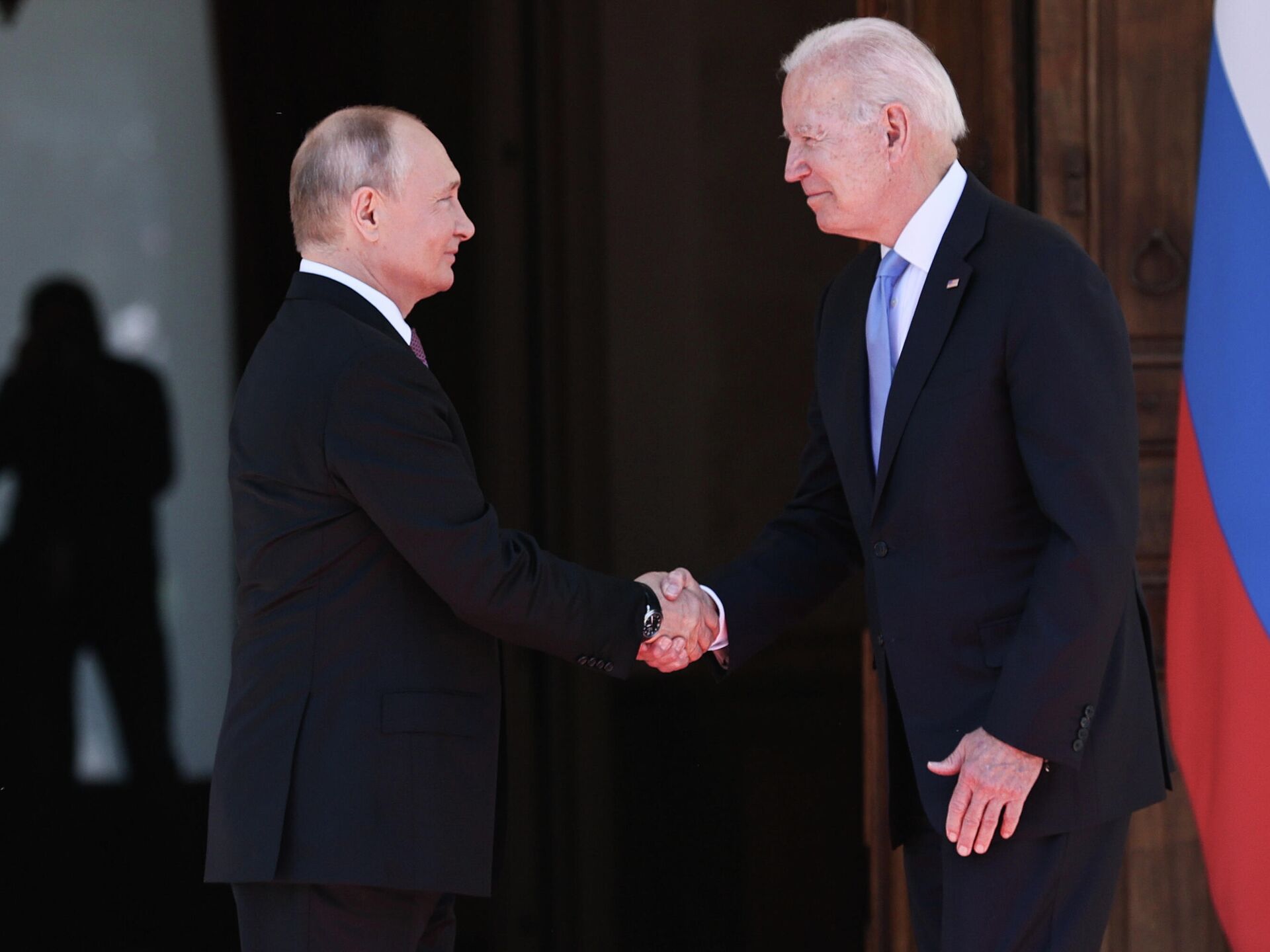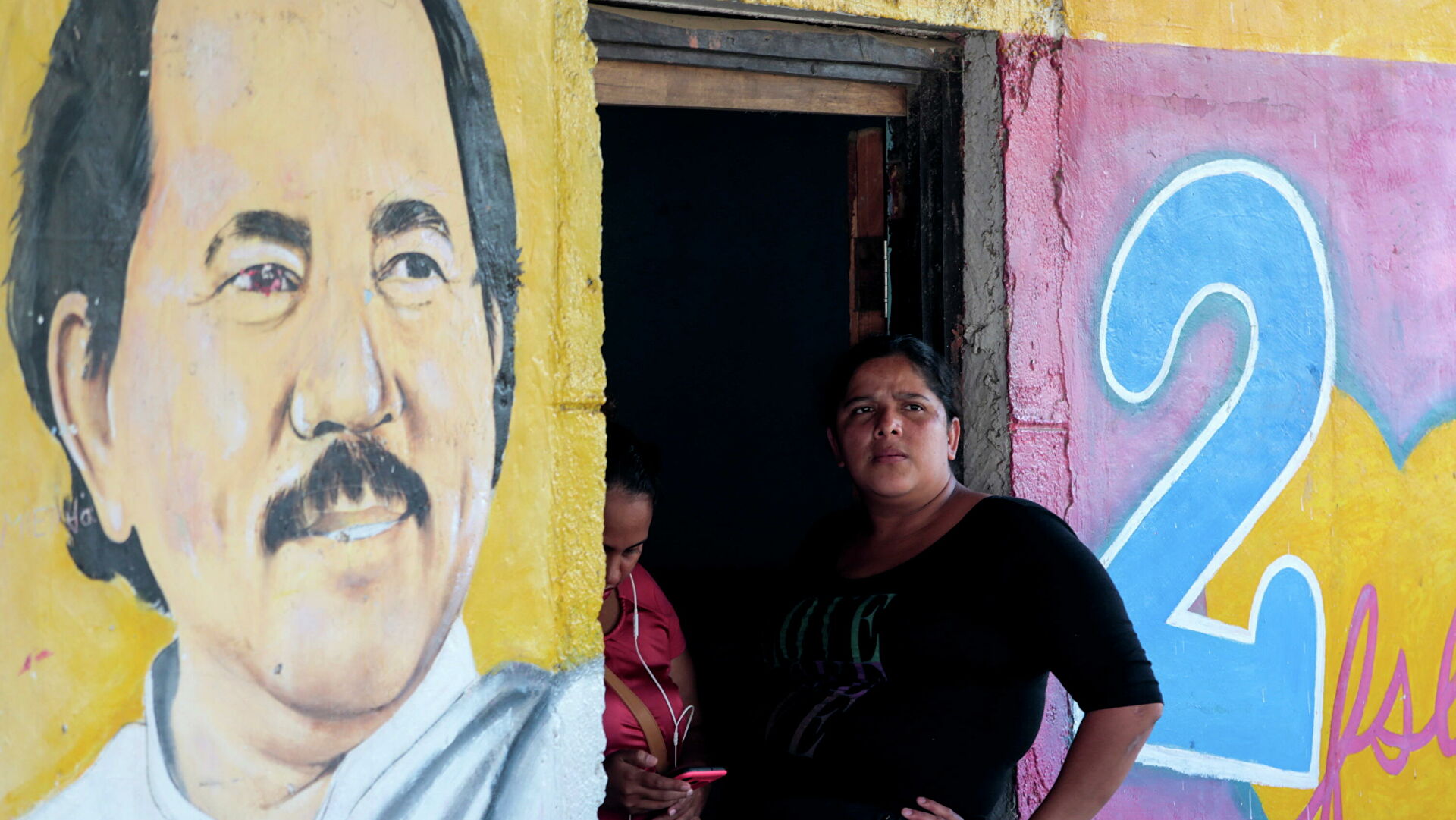
Published 18-12-2012, 03:35
William Dunkerley
William Dunkerley is media business analyst and consultant
The facts said one thing. The media told a different story. And Russian president Vladimir Putin lost another skirmish with his enemies in the process.
This drama unfolded in the London coroner's court on December 13. The 2006 death of reputed former spy Alexander Litvinenko was the subject. When the hearing was over, media headlines cried out:
- Russia Implicated in Litvinenko Death (The Moscow Times)
- British evidence 'shows Russia involved' (The Guardian)
- Russian state involved in ex-KGB agent Litvinenko's death (CNN)
The Moscow Times even elaborated on the theme. It claimed the hearing was told that "an initial assessment of evidence showed that the Russian state is to blame for the mysterious poisoning of the Kremlin dissident."
The only problem is that's not what really was said. The media outlets filed false reports.
Specious media accounts are not new in the Litvinenko case. Putin was accused of being behind the suspicious death. But virtually the entire story surrounding that allegation is based on fabrications not facts. A wealthy arch-enemy of Putin's, Boris Berezovsky, seems to have been the mastermind behind it. His publicly-stated agenda is to bring about a violent revolution in Russia. The first shots of that revolution have been ringing out in the form of malevolent media attacks like this one.
What really did happen at the London hearing? The lead lawyer in the inquest, Hugh Davies, presented a very technical analysis of the government's case that alleges Russian state involvement. He reported that the government's material gives a first impression that the Russian state is culpable. But he said that impression arises "solely to the effect of the government material taken alone." It doesn't take into account, for example, "material that is publicly available or material that has been disclosed by other interested persons." In other words, it's not the whole story.
But that didn't stop the media outlets from reporting otherwise. They made it sound like the blame had conclusively been pinned on the Kremlin. Davies even clarified that the coroner's court "has made no factual findings whatsoever so far."
Certainly none of this exculpates Putin or the Russian state. But it's far short of being conclusive about their involvement. An honest inquiry into the facts and a look at the whole picture would be needed to sort things out.
In my own research I've actually found reason to question the integrity of the government's case. There are suspicious connections between the man who was the British Crown Prosecutor at the time of Litvinenko's death, and the attorney who has been representing the widow Litvinenko, and with the attorney representing the Russian accused by the prosecutor of murder. There is also involvement of the wife of Tony Blair who was the UK prime minister at the time. Interestingly, the case resulted in a major fracture in relations between Britain and Russia.
How did the media get their reports on the hearing so wrong? I haven't investigated the mechanism in this instance. But I did look into how the explosive story about Putin's involvement got started six years ago. I wrote a book about it called The Phony Litvinenko Murder. In it I detail how Berezovsky appears to have engaged a high power PR agency to put out the bogus story. Media outlets were given photos and press releases, offered explanations and interviews, and ended up with a highly captivating story to titillate their audiences. Unfortunately there was no due diligence by the media to debunk the specious allegations. That seems to be the case today, as well.
There are a host of contradictions and unexplained circumstances that any inquisitive journalist covering this story should have looked into. Here are a few:
- The government's case accuses Russian Andrei Lugovoi of murdering Litvinenko. Yet the hearing spoke of Russian state culpability. At the time of Litvinenko's death there was no known or alleged existing connection between Lugovoi and the Russian government. How did the focus move from Lugovoi to the Russian state?
- Davies alleged that at first glance the government's material holds evidence of Kremlin involvement. Yet just last year the prosecutor who had collected that so-called evidence told the New York Times that he had the "gravest suspicions of Moscow involvement." There is a world of difference between a grave suspicion and hard evidence. Is there an explanation for this astonishing disparity?
- One preoccupation at the December 13 hearing was whether the British state neglected to protect Litvinenko from known danger. But the job of the coroner is to determine the manner and cause of death. Why is the subject of negligence coming before him? Some say all the rhetoric about state negligence is laying the groundwork for a law suit for damages. Presumably British taxpayers would foot the bill. Is the coroner being manipulated to serve someone's private purposes?
- The rules that govern the coroner's work forbid him from venturing outside the responsibility of finding the manner and cause of death. The charter of his office specifically forbids him from determining criminal liability. There is one narrow exception. He can stray from his main purpose only if it is to allay public fears.
The coroner now appears engaged in a wide ranging search that smacks of looking for criminal culpability. Perhaps it's being done to soothe public fears. But consider where any such fears may have come from.
A lawyer reportedly being paid by Berezovsky has been widely quoted using the phrase "state-sponsored nuclear terrorism on the streets of London" in regard to the Litvinenko case. There's been other highly-charged rhetoric, too. If there are public fears, were they inspired by Berezovsky's media campaign?
Did he create the pretext for the coroner to use a highly-conspicuous hearing to delve into matters that otherwise would be off limits? Berezovsky's civil war aspirations are clearly advanced by all the focus on possible Russian state involvement in Litvinenko's death. Is the coroner aiding and abetting insurrectionists?
- Another major focus of the hearing was arguments on Berezovsky's behalf that the inquest should be prevented from considering Berezovsky's own possible involvement in Litvinenko's death. The incessant assertions conjure up the famous Shakespeare quotation, "The lady doth protest too much, methinks." Why is avoiding scrutiny so important to Berezovsky?
These certainly sound like juicy tidbits worthy of journalistic investigation by media outlets. But instead of digging into them, the media just picked up another phony story and ran with it.



_jpg/250px-ElbeDay1945_(NARA_ww2-121).jpg)









